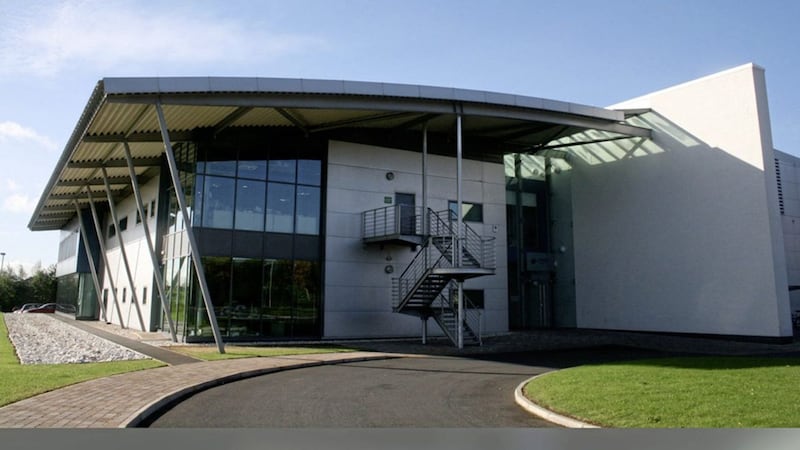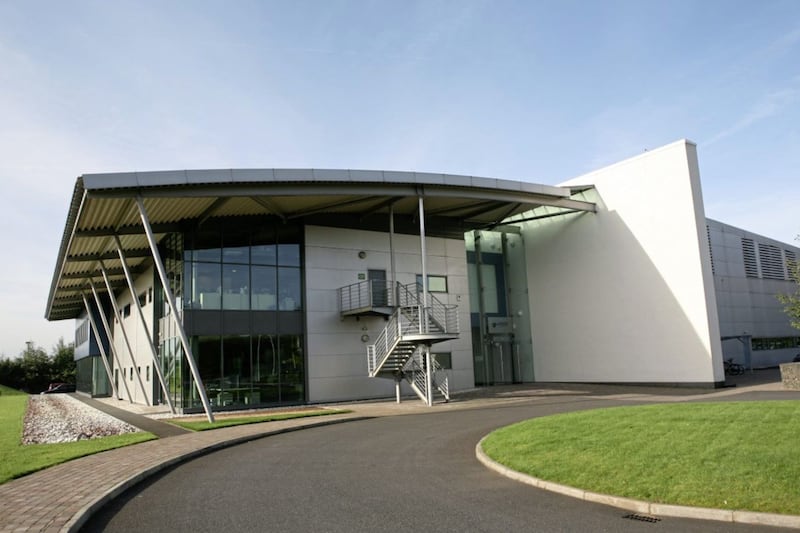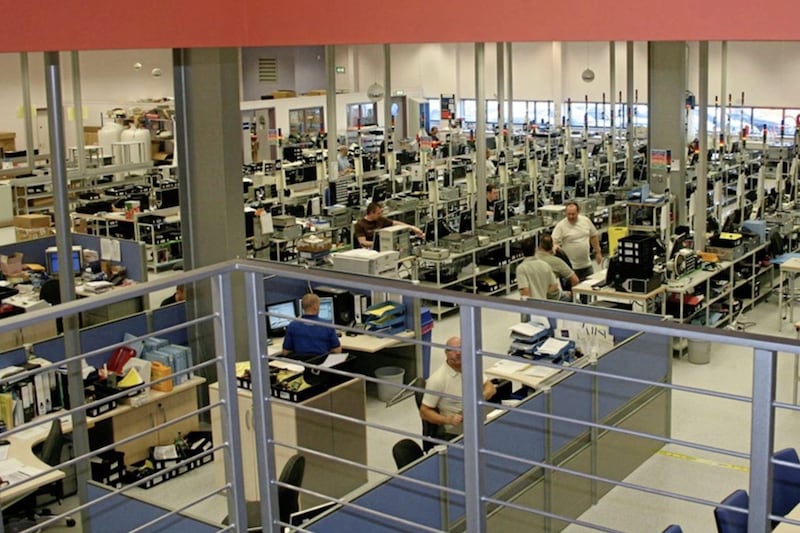WEST Belfast specialist manufacturer Andor Technology has outlined "significant" Brexit concerns after reporting a fall of almost a quarter in pre-tax profit to £9.6 million.
Andor, which started out as a spin-out from Queen’s University, has seen its turnover fall by 8 per cent from £69.2m to £63.6m in the year to March 31.
This has translated into a 24 per cent slump in pre-tax profit from £12.7m to £9.6m. Operating profit remained broadly the same at £7.8m, while operating margin increased slightly to 12.2 per cent.
Company expenditure on research and development also decreased over the year from £5.8m to £5.5m.
Staff numbers at its Belfast base at Springvale business park fell marginally from 290 to 271 at the year end.
Within the strategic report accompanying the accounts, the company has highlighted Brexit as one of the "most significant" business risks going forward, which could impact on future company sales and profitability.
Brexit-related risks include the prospect of lower participation in EU-funded research projects, a potential short-term hiatus in UK research funding and barriers to existing free movement and services in Europe.
Andor is a world leader in the design and manufacture of high-performance scientific imaging cameras, microscopy and spectroscopy systems.
The Belfast company is a subsidiary of Oxford Instruments plc, a leading provider of high technology tools and systems for industry and research.
Oxford Instruments paid nearly £180m to buy Andor in February 2014 and in 2018 the parent company reported pre-tax profit of £34.2m in the year to March 31. This was a dramatic swing in fortunes for the company, which recorded a £25.5m loss in 2017








